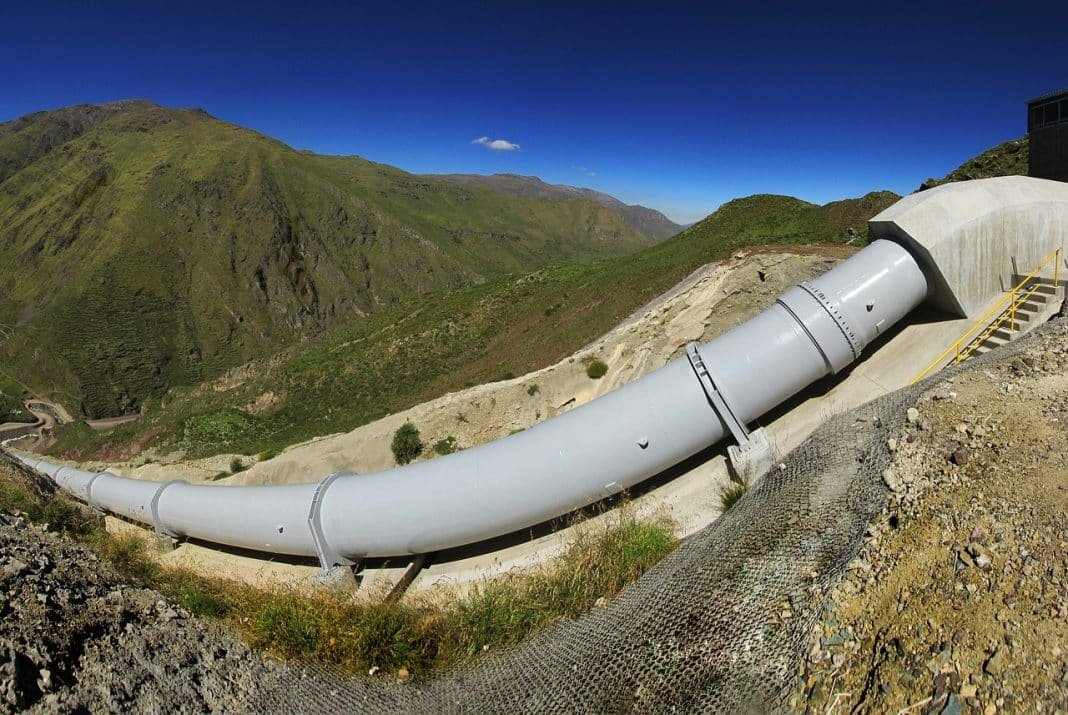Germany has placed a hold on the Nordstream 2 underground natural gas pipeline, which runs between Germany and Russia. The channel is almost complete and operable.
This move by Germany will not impact the immediate supply of natural gas. However, it could affect Europe’s already strained natural gas resources – and impact carbon markets.
Natural gas and oil prices have increased.
Fears that Russia will withhold future natural gas have driven prices up to $90 per megawatt-hour. That’s an increase of 10%.
The price of oil – also a Russian export to Europe – rose 1.5% ($99.50 per barrel). This is the highest level Europe has seen since 2014.
U.S. natural gas prices also increased, though less than in Europe.
Luke Oliver, Managing Director and Head of Strategy at KraneShares, told ETF trends, “Halting certification of the Nordstream2 gas pipeline will put increasing pressure on natural gas prices, which in turn make fuel switching from coal to gas more expensive and increases demand for carbon allowances.”
Simply put, if the price of switching from coal to gas is higher, the demand on carbon markets may increase even more.
Oliver went on to say, “This puts pressure on the entire energy complex. This is no doubt positive for a carbon price, albeit sadly not necessarily positive for emission reductions.”
Per Oliver, “2022 has been an interesting year already for carbon markets. With new proposals around upper price band triggers, we’ve seen some volatility; however, our modeling would suggest that even IF the proposal was adopted, it wouldn’t meaningfully limit upside potential.”
Only time will tell how this will impact the energy sector and carbon markets.
Regardless of what will be, one thing is for sure: we all hope for peace in the region.

